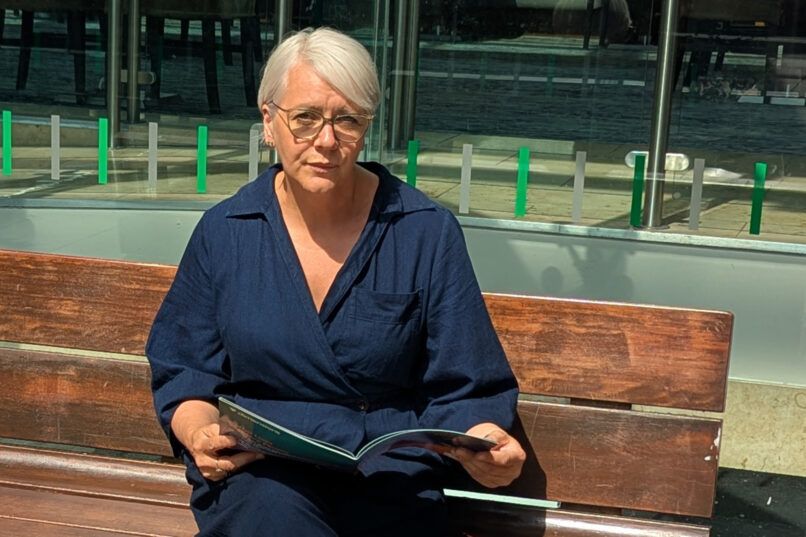From Sam Thornton, National Social Care Committee Chair at UNISON, and a support worker for Dimensions:
The Fair Pay Agreement is critically needed for adult social care workers. For too long, the adult social care workforce has been treated as the NHS’s poor relation.
The FPA is a vital step towards fairer pay, improved terms and conditions, and proper recognition of the essential work carried out by care and support workers. Fairer conditions aren’t optional. They’re essential.
To give one example: At present, travel time between visits to people who receive support often isn’t paid.
This means that outreach and domiciliary carers are often only compensated for seven out of every ten hours they work. I can’t think of any other job where essential travel during working hours goes entirely unpaid. That’s a scandal. And it must end.
The lack of recognition for support workers is astonishing. I’m fortunate to work for an employer who pays all permanent support workers above the minimum wage.
But so many care and support workers still earn minimum wage – despite completing extensive training.
Like so many support workers, I complete 42 training modules every year.
My colleagues and I often administer emergency medication every day. Yet in a hospital setting, I wouldn’t be considered qualified to hand out paracetamol.
Of course, it’s excellent we are trained so well, and provide such vital support with medications.
So, given our continuous training and vital support with medications, how can support work typically be treated as minimum wage labour?
We have to destigmatise care work. We are highly skilled workers, and we should be treated as such.
The FPA will also help address the recruitment crisis, by making social care a more attractive and sustainable career. Care and support is a serious responsibility – and it’s time our pay and conditions reflected that.
Dimensions’ statement on the government’s announcement of the Fair Pay Agreement:
From Rachael Dodgson, Chief Executive of Dimensions.

We at Dimensions welcome the government’s Fair Pay Agreement (FPA) for the adult social care workforce. Its decision to recognise the sector above others cannot be over-stated.
We share the government’s commitment to collective bargaining. We work hand-in-hand with Unison to pay our frontline colleagues as much as we can.
Today, every one of our permanent support workers earns at least 10p above the National Living Wage of £12.31 per hour. We made a strategic commitment to colleagues to pay the Real Living Wage in as many areas as is affordable. Last year, 9 in 10 support workers were paid the Real Living Wage or more, and we are aiming to reach similar levels this year.
Paying more reduces turnover, too. Paying our care workers more saw voluntary staff turnover drop by over a third – from 29% down to 17%. This figure is significantly lower than the sector’s average turnover of 25.8%.
The social care frontline cries out for higher pay – and recognition for the vital work they do supporting those most in need.
This agreement needs to stabilise recruitment within the sector. We pay frontline support workers as much as possible because we want the best possible support for people.
Too often people who receive support can find that their support worker has changed, and a newly-recruited support worker or agency worker has to learn afresh how to support them.
This lack of continuity of care leads to poor outcomes for everyone: both the person receiving support – and the public purse.
The government’s tightening of immigration rules puts more emphasis on domestic recruitment. Given the 111,000 vacancies already in adult social care, the Fair Pay Agreement is more critical than ever.
We at Dimensions have done all we can to boost retention in our organisation.
Now, the government must ringfence this Fair Pay Agreement so that local authorities are required to directly pass on funding to ensure higher pay.
Ringfenced pay ensure that any extra government allocation is spent where it’s needed most – with frontline care and support workers.
